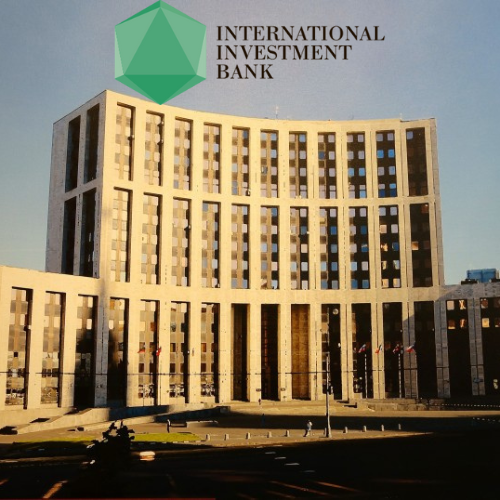The International Investment Bank (IIB), once a prominent fixture in Budapest’s financial landscape, is now at the center of a convoluted international saga involving sanctions, financial mismanagement, and diplomatic fallout. Established during the Soviet era and reactivated under Russian influence, the IIB’s recent troubles highlight the complexities of global finance and geopolitics.
The IIB, which relocated its headquarters to Budapest in 2019 under the auspices of the Kremlin, was intended to function as a multilateral development bank. However, its role soon evolved into a vehicle for Russian influence and intelligence activities. This shift became increasingly problematic following Russia’s full-scale invasion of Ukraine in February 2022.
Hungary’s Financial Maneuvers and Challenges
As international sanctions began to tighten, the IIB found itself in dire straits. By April 2023, the bank was sanctioned by the US, which severely hampered its ability to meet its financial obligations. This led Hungary, its largest EU shareholder, to sever ties with the institution in a move that was both politically and financially charged.
Hungary, which had been the IIB’s second-largest shareholder with a stake of about 25%, faced a significant dilemma. Amidst the sanctions, the Hungarian government froze €19 million of the IIB’s deposits held at MBH Bank, a financial institution partially owned by Lorinc Meszaros, a close associate of Prime Minister Viktor Orban. This action was ostensibly in compliance with international sanctions, but it also provided Hungary with a measure of leverage over the troubled bank.
The freezing of these funds, however, is just one piece of a larger, more intricate puzzle. Hungary’s attempt to recover its investments from the IIB has been met with a wall of silence. The Hungarian authorities have been reticent about their plans to recoup the remaining funds, and there is scant information on any liquidation procedures that might be underway. This lack of transparency has fueled speculation and frustration among the IIB’s former shareholders.
The Czech Republic, along with other former EU members like Bulgaria, Romania, and Slovakia, has also struggled to reclaim its investments. These countries had initially sought to exit the IIB following Russia’s invasion, citing security and political concerns. Despite their efforts to negotiate an orderly withdrawal, progress has been minimal. The Czech Finance Ministry has reported ongoing efforts to settle their claims, but there has been little success in recovering the paid-in capital.
Lukoil Crisis: Hungary Grapples with Harsh Sanctions from Ukraine
The IIB’s management has not made the situation any easier. Leaked internal correspondence reveals a defiant stance towards former shareholders, particularly the Czech Republic. The bank’s CFO, Elliott Auckland, expressed a confrontational attitude, suggesting that the institution would not shy away from legal battles with former EU members. This belligerent approach has only heightened tensions and complicated the recovery process.
The Fate of the IIB’s Budapest Headquarters and Future Prospects
Adding to the intrigue is the IIB’s former headquarters in Budapest. Purchased for €8.9 million in 2020 and lavishly renovated, the building now stands empty. The IIB, which still owns the property, has shown no inclination to sell or return it. This situation leaves the Hungarian government in a difficult position, with no clear plans announced regarding the future of the building.
Critics argue that Hungary’s re-engagement with the IIB and subsequent investment in the bank were a misallocation of public funds. András Rácz, a noted Russia expert, has criticized Prime Minister Orban for what he describes as a costly political misstep. Rácz points out that Hungary had previously exited the IIB in the late 1990s, only to return in 2015 and face further losses.
Illegal Export of U.S. Circuits To Evade Sanctions; Bulgarian National Milan Dimitrov Extradited
As the IIB navigates its current predicament, the broader implications of this financial and diplomatic debacle are becoming increasingly apparent. The situation highlights the challenges of managing international investments in a volatile geopolitical climate and highlights the intricate connections between finance, politics, and international relations.
The fate of the IIB and its former shareholders remains uncertain. With sanctions in place and the bank’s management adopting a confrontational stance, the prospects for recovering any significant portion of the investments appear slim. The saga serves as a stark reminder of the risks involved in global finance and the often unpredictable consequences of international diplomacy.


